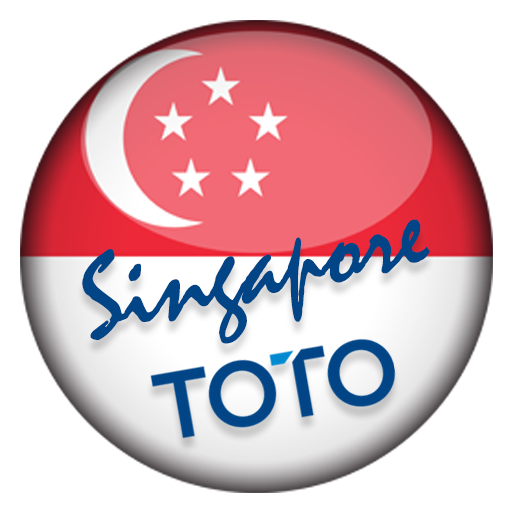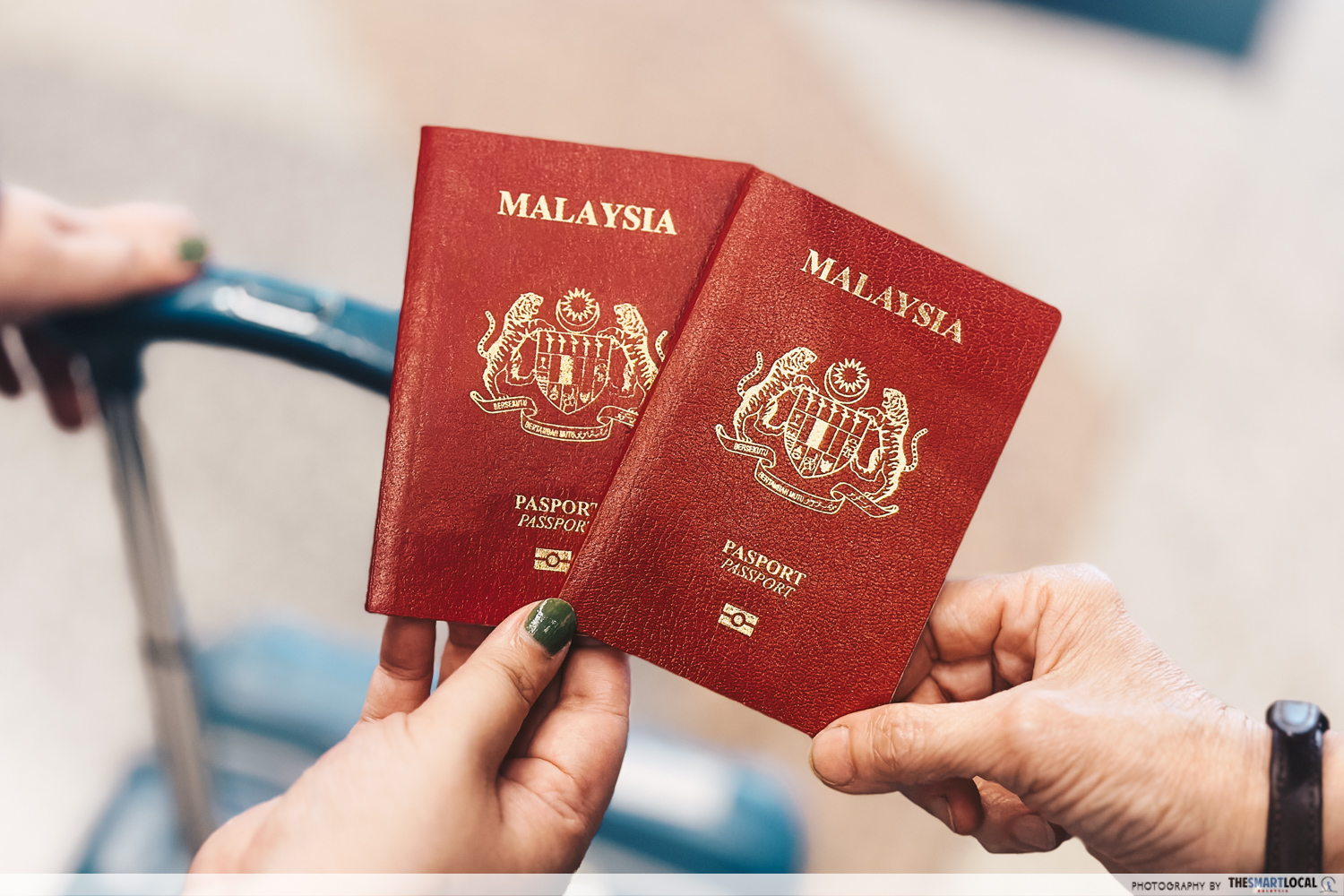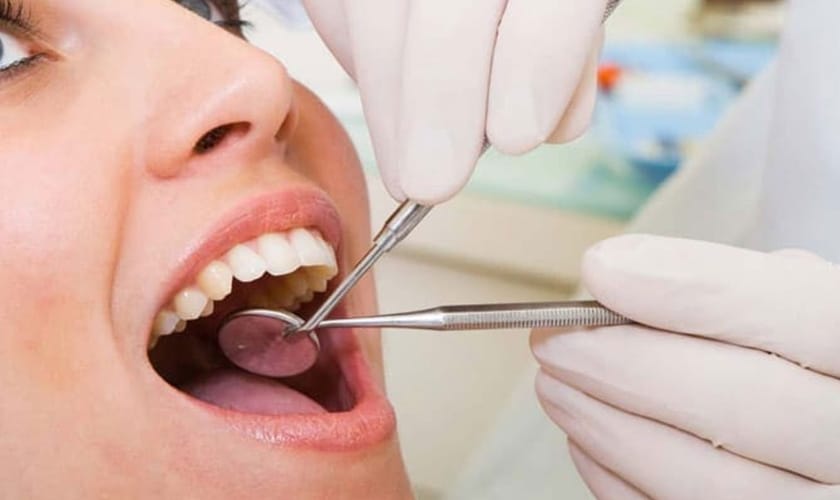Many people, in pursuit of a healthier lifestyle, purchase foods marketed as “healthy” or generally perceived as good for you. However, according to the UK’s Daily Mail, nutritionists Rhiannon Lambert and Kim Pearson have identified eight types of foods that, while seemingly healthy, may actually be high in sugar, fat, or other unhealthy components. These hidden risks require careful attention when making food choices.
Hidden Health Risks of “Healthy” Foods
1. Agave Syrup
- Why It’s Risky: Agave syrup is a popular sweetener that is about 1.5 times sweeter than regular sugar. It contains a high amount of fructose—approximately 70 grams of sugar per 100 grams.
- Impact: The high sugar content can lead to excessive calorie intake and harm dental health.
- Advice: Limit your daily intake to no more than six teaspoons.
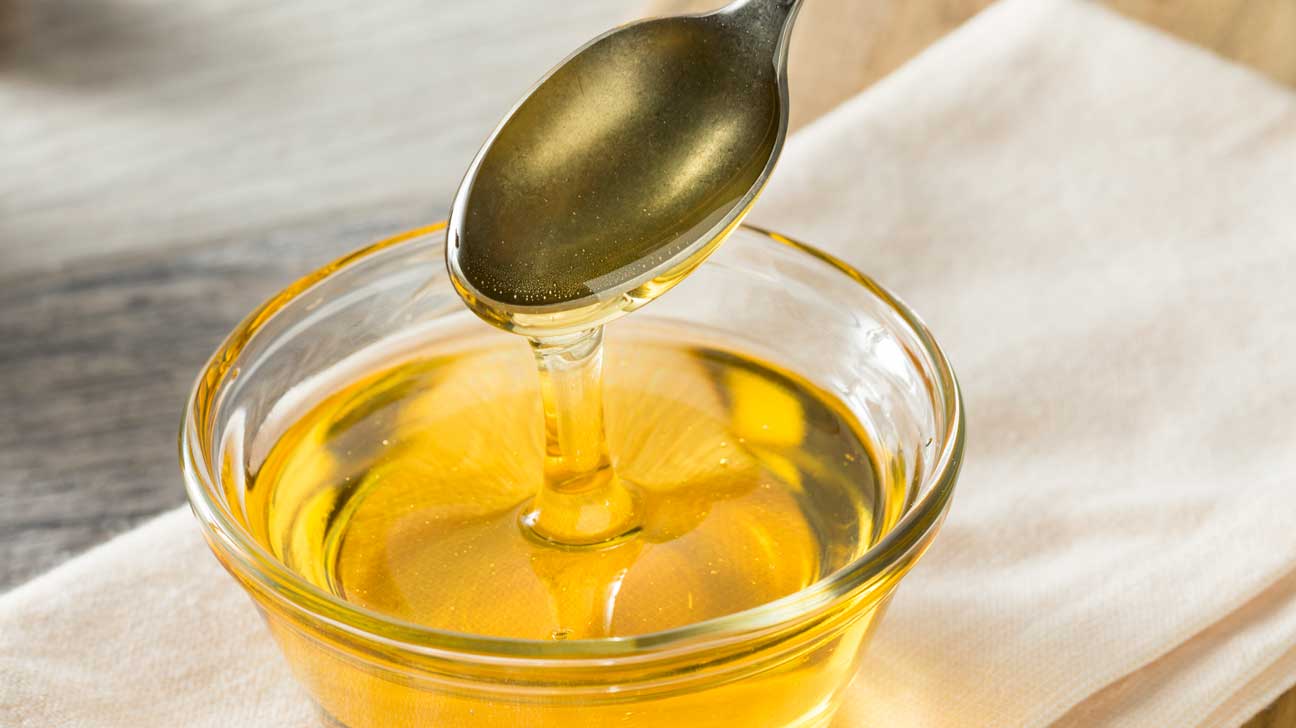
2. Plant-Based Milk
- Examples: Almond milk, oat milk, coconut milk.
- Why It’s Risky: While plant-based milk typically contains less saturated fat than cow’s milk, some varieties are loaded with added sugars and artificial additives.
- Advice: Always check ingredient lists and opt for unsweetened plant-based milk.
3. Avocados
- Why It’s Risky: Although avocados are rich in fiber and healthy fats that help reduce bad cholesterol, they are also high in calories and fat. A medium-sized avocado contains about 20 grams of fat and roughly 250 calories.
- Impact: Overconsumption can lead to excessive calorie intake and potential weight gain.
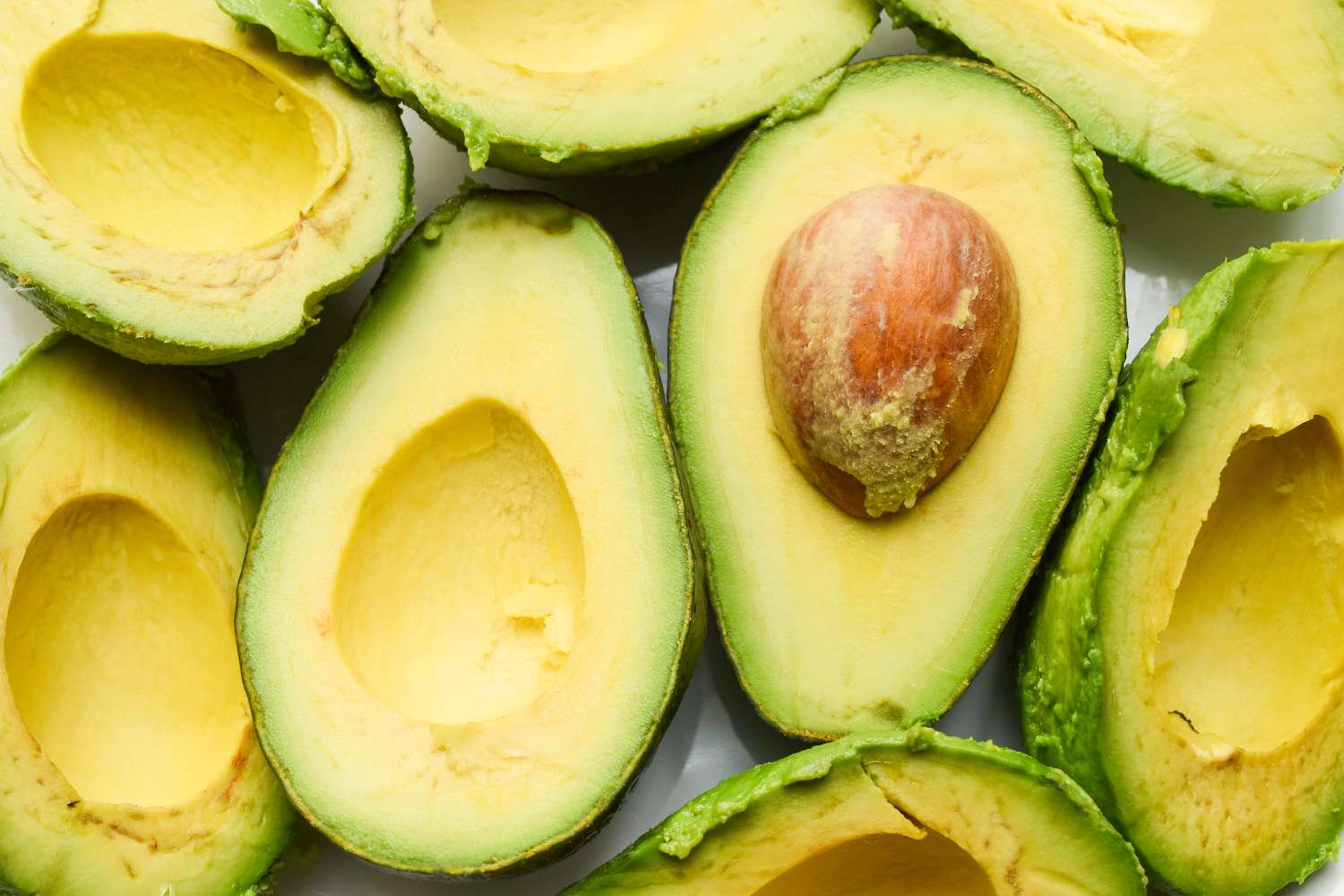
4. Granola
- Why It’s Risky: Granola often contains significant amounts of added sugars and oils to enhance its flavor and texture. For instance, a 50g serving of superberry granola can contain 8.4g of sugar, comparable to a buttery strawberry donut.
- Impact: Eating granola as a regular breakfast can cause blood sugar levels to spike and crash, leaving you feeling hungry shortly after.
- Advice: Pair granola with protein (e.g., yogurt) and healthy fats (e.g., nuts) for better balance.
5. Coconut Oil
- Why It’s Risky: Around 90% of the fats in coconut oil are saturated fats, a higher percentage than butter. A single tablespoon (15ml) contains 13g of saturated fat, nearly half the recommended daily intake.
- Impact: Excessive consumption of saturated fats can raise bad cholesterol levels and increase the risk of cardiovascular diseases.
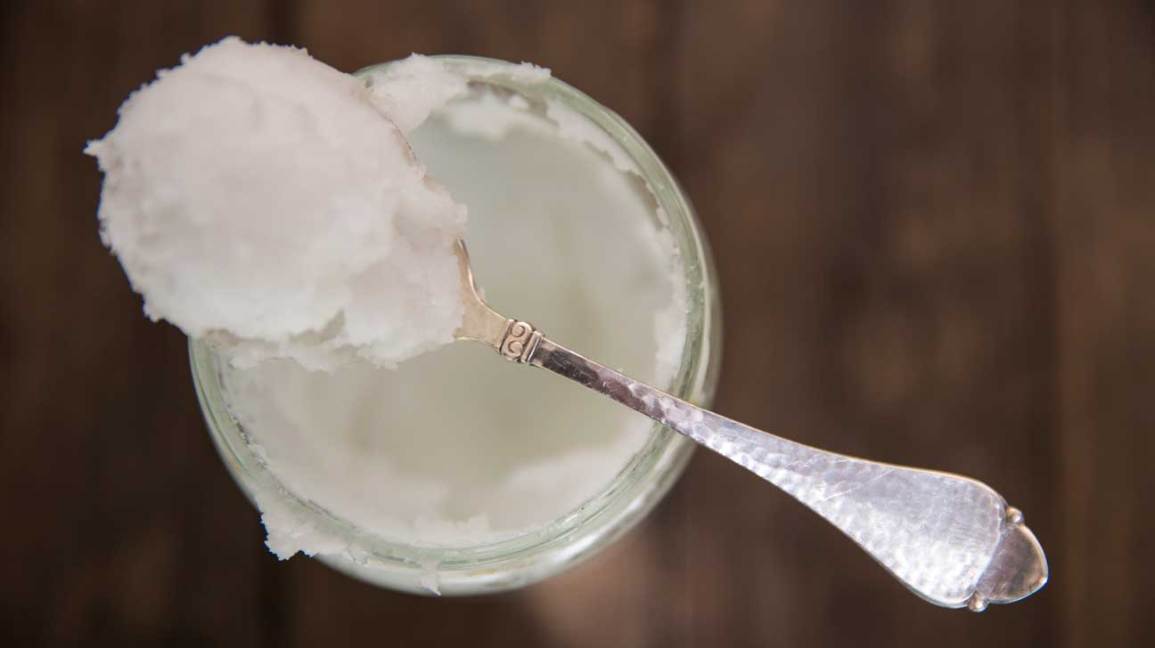
6. Vegetable Chips
- Why It’s Risky: Even when made from vegetables like cauliflower or broccoli, these chips often contain as much oil, salt, and calories as regular potato chips. A typical serving can have 1.2g of saturated fat and 0.44g of salt.
- Advice: Treat vegetable chips as occasional snacks rather than healthy alternatives.
7. Vegan Burgers
- Why It’s Risky: Vegan burgers are often highly processed, containing emulsifiers, stabilizers, flavor enhancers, and artificial colors. They may also be high in salt, sugar, and fat, with one burger containing up to 6g of saturated fat and over 1g of salt.
- Advice: For plant-based protein, opt for less-processed foods like beans, quinoa, tofu, or tempeh.
8. Caesar Salad
- Why It’s Risky: While salad seems like a healthy choice, Caesar salad often includes calorie-dense ingredients like dressings, croutons, and cheese. Some dressings contain refined seed oils, added sugars, and unhealthy additives.
- Example: A store-bought Caesar salad with chicken can contain 5.1g of saturated fat, comparable to a cheeseburger at 5.4g. Adding bacon further increases the levels of salt and saturated fats, as well as the risks associated with consuming processed meats, which are classified as Group 1 carcinogens.
- Advice: Make your own dressing at home and skip the croutons to reduce unhealthy components.

Conclusion: Read the Labels and Make Smarter Choices
While these foods may seem like healthy choices at first glance, hidden sugars, fats, and additives can quickly turn them into health risks. Always take the time to read nutrition labels, understand the ingredients, and consume these items in moderation. By making informed decisions, you can enjoy a truly balanced and healthy diet.




